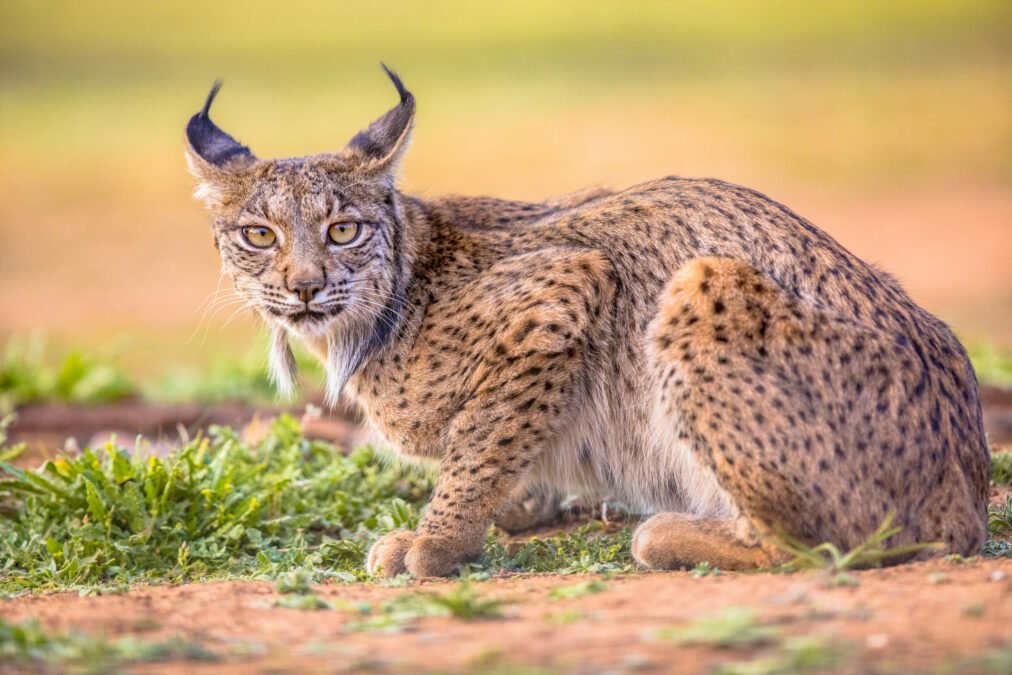Introduction
Lions, often referred to as the ‘King of the Jungle,’ hold significant cultural and ecological importance in South Africa. They are apex predators, playing a crucial role in maintaining the balance of ecosystems. However, recent reports indicate a troubling decline in their populations, primarily due to habitat loss, poaching, and human-wildlife conflict. The plight of lions is not just an environmental issue; it is a pressing concern that impacts biodiversity, tourism, and conservation efforts across the region.
The Current Situation
According to the South African Department of Environment, Forestry and Fisheries, the lion population has dwindled from an estimated 30,000 individuals a century ago to around 3,500 today. Protected areas and national parks have been essential in offering secure habitats, yet the realities outside these reserves show that lion populations are struggling. The increasing encroachment of urban development into natural habitats, coupled with illegal poaching, poses serious threats to their survival.
Events such as the recent meeting of conservationists and wildlife management officials have focused on the urgent need for protective measures. Discussions included enhancing protected areas, community education, and devising strategies to mitigate human-wildlife conflict. Organizations like the African Lion and Environmental Research Trust (ALERT) have been working tirelessly to promote lion conservation through community engagement and education.
Conservation Efforts
South Africa has initiated numerous programs designed to save its iconic big cats. Initiatives focus on habitat preservation, fostering coexistence between locals and wildlife, and mitigating poaching. The expansion of protected areas and the implementation of eco-tourism have shown promising results. Wildlife reserves not only provide a sanctuary for lions but also attract tourists, contributing to the local economy and providing an incentive for communities to protect these majestic creatures.
Conclusion
The survival of lions in South Africa hangs in the balance. Ongoing conservation efforts are critical to ensuring their future. With strong community involvement and continued investment in protective measures, it is possible to turn the tide against their decline. The fate of the lion is interconnected with the health of our ecosystems, economic viability of communities, and the cultural heritage of South Africa. It is imperative for us all to advocate for and support sustainable practices that will secure a future for these magnificent animals.

